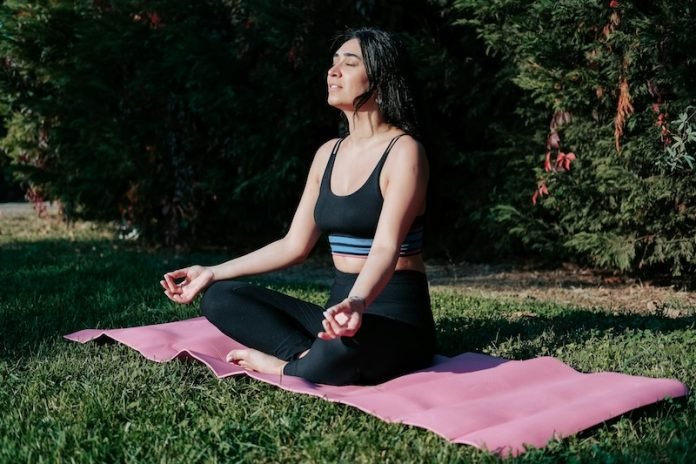
In our fast-paced world, the quest for tranquility often leads us down the path of meditation and relaxation techniques.
Amidst the hustle and bustle, these practices have emerged not just as a refuge for the mind but as a powerful ally for our heart’s health, particularly in managing high blood pressure.
This silent health challenge, known for creeping up unnoticed, has found a surprising counter in the serene world of meditation.
The connection between the mind and body is a theme as old as time, yet it’s only in recent years that science has begun to unravel how deep this link goes, especially in relation to blood pressure.
High blood pressure, or hypertension, poses a significant risk to cardiovascular health, leading to heart disease and stroke if left unchecked.
In searching for ways to combat this, researchers have turned their gaze inward, exploring how meditation and relaxation techniques can play a pivotal role in heart health.
Studies have shown that when we meditate or engage in relaxation practices, something remarkable happens in our body.
These moments of calm can lead to a decrease in blood pressure, offering a beacon of hope for those navigating the challenges of hypertension. The mechanisms behind this effect are as fascinating as they are varied.
Meditation and relaxation techniques can reduce stress, a notorious contributor to high blood pressure. They achieve this by activating the body’s relaxation response, a physiological state of deep rest that changes the physical and emotional responses to stress.
Evidence supporting the impact of meditation and relaxation on blood pressure is both compelling and promising.
One study, published in the American Heart Association’s journal, highlighted how regular meditation could lead to significant reductions in blood pressure levels.
Participants who practiced meditation consistently showed improvements comparable to those one might see with lifestyle changes or medication.
Another research avenue explored the benefits of various relaxation techniques, including deep breathing, progressive muscle relaxation, and mindfulness meditation.
These studies collectively suggest that engaging in these practices regularly can lead to modest but meaningful reductions in blood pressure.
The beauty of these findings lies in their simplicity; unlike medication, meditation and relaxation require no prescriptions, have no side effects, and can be practiced by anyone, anywhere.
The science behind why meditation and relaxation can lower blood pressure revolves around their ability to decrease stress-related hormones, improve arterial health, and enhance overall well-being.
By fostering a state of calm, these practices can help reduce the strain on the heart and blood vessels, thereby lowering blood pressure.
For those considering meditation or relaxation techniques as a way to manage blood pressure, the journey is both accessible and rewarding.
Starting with just a few minutes a day can make a difference, with guided sessions available through apps, online platforms, or community classes offering a gateway to greater heart health.
It’s a journey that not only promises lower blood pressure but also an improved quality of life, with the peace and tranquility gained through these practices enriching all facets of one’s daily experience.
In conclusion, as we navigate the complexities of modern life, the ancient practices of meditation and relaxation stand out as beacons of hope for managing blood pressure.
Their ability to harness the power of the mind-body connection offers a natural, accessible, and effective tool in the battle against hypertension.
With each breath taken in silence, we find not just a moment of peace but a step towards a healthier heart, proving that sometimes, the best medicine lies within the quiet of our own minds.
If you care about high blood pressure, please read studies about unhealthy habits that may increase high blood pressure risk, and drinking green tea could help lower blood pressure.
For more information about high blood pressure, please see recent studies about what to eat or to avoid for high blood pressure, and 12 foods that lower blood pressure.
Copyright © 2024 Knowridge Science Report. All rights reserved.



